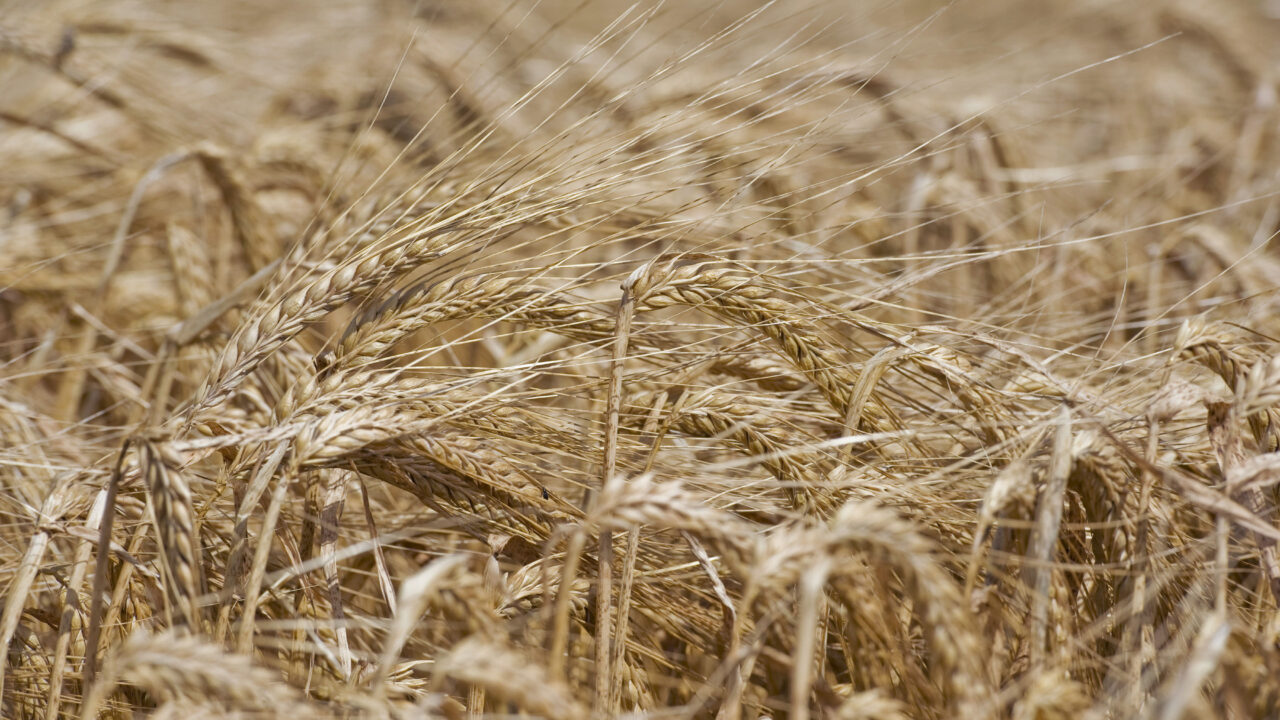The Common Agricultural Policy’s (CAP) new greening measure has come in for some scathing criticism from a leading agricultural policy academic.
Professor Emeritus of European Agricultural Policy in the Department of Economics at Trinity College, Alan Matthews labelled the crop diversification greening measure in particular as a ‘scandalous’ waste of resources.
In an extensive paper on the issue, Matthews has one suggestion for Commissioner Hogan’s push towards CAP simplification: scrap the crop diversification requirement, which is one of the three ‘simple, generalised, non-contractual and annual actions that go beyond cross-compliance’ that make up the requirements for eligibility for the greening payment in the CAP’s Pillar 1.
He said the money saved (up to half of the greening budget, or €6.1 billion in 2015) to promote improvements in soil organic matter (the main environmental objective of crop diversification) in a more cost-effective way.
Matthews said not only does the EU notionally spend €6 billion annually on this measure for virtually no environmental or other impact. He says it is also a very complex measure to administer, requiring significant changes in the computer systems of the paying agencies to track individual cropping patterns and thus adding to the administrative costs of making payments to farmers.
Prior to the recent reform, national paying agencies were spending €5 billion annually on control costs alone adding a further 8.5% to the cost of the CAP and according to the Trinity professor they estimate this could double as a result of the Ciolos 2013 CAP reform.
According to Matthews, recent studies have shown that the land area affected by crop diversification is tiny and any environmental benefits are correspondingly vanishingly small.
Furthermore, he said the additional environmental benefits of the measure are even smaller because the crop diversification measure replaced a measure on crop rotation included in the standards for Good Agricultural and Environmental Condition (GAEC) which farmers must observe for eligibility for the basic payment/single payment.
Now the GAEC standard on crop rotation is extremely weak as is only a required standard for crop rotation where applicable, according to Matthews.
Matthews also said it is clear that the current crop diversification measure is not fit for purpose, and said it should be repealed.
He said a better approach is clearly needed to address soil fertility and soil health, but the first step is to recognise that the current greening measure does not work.
